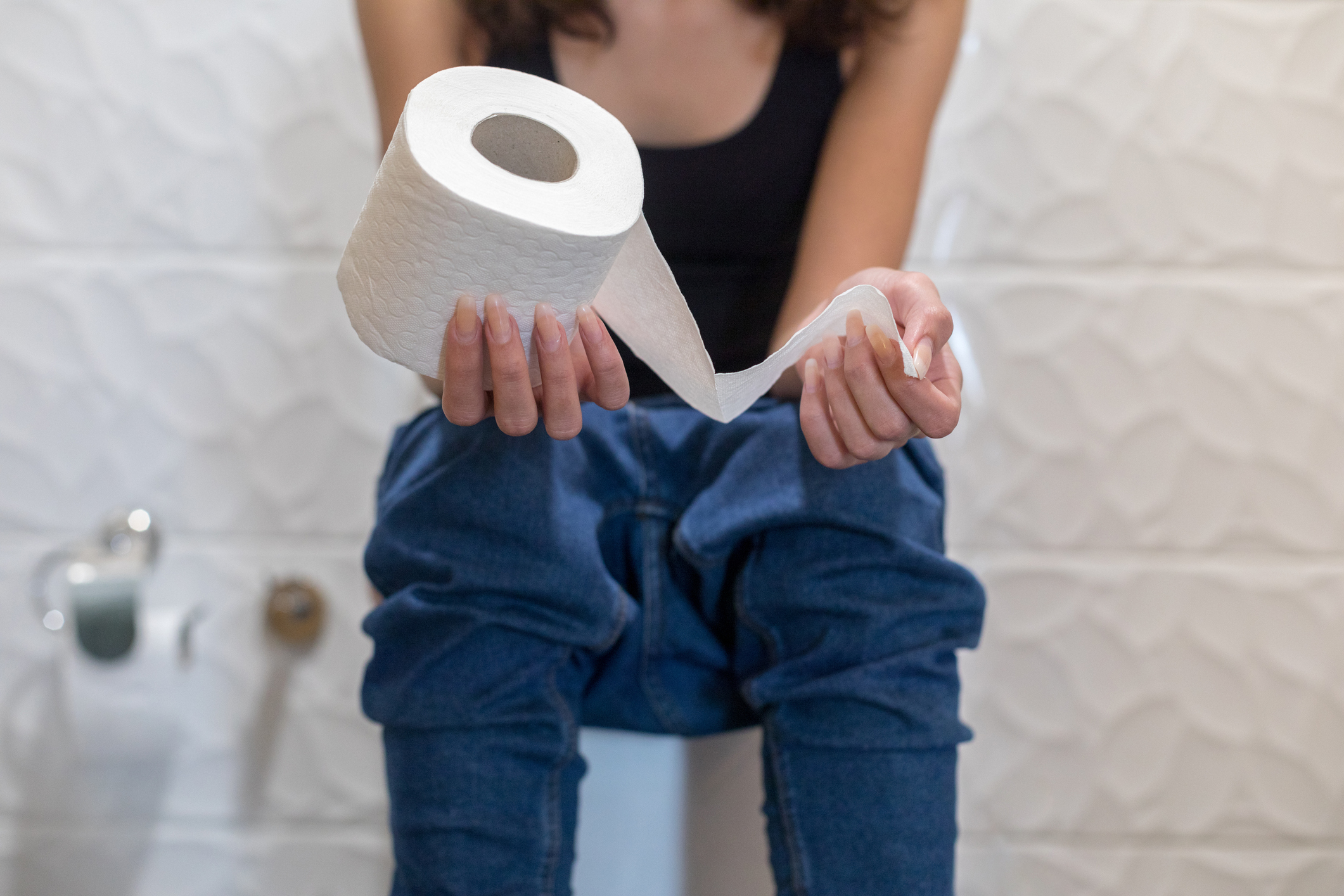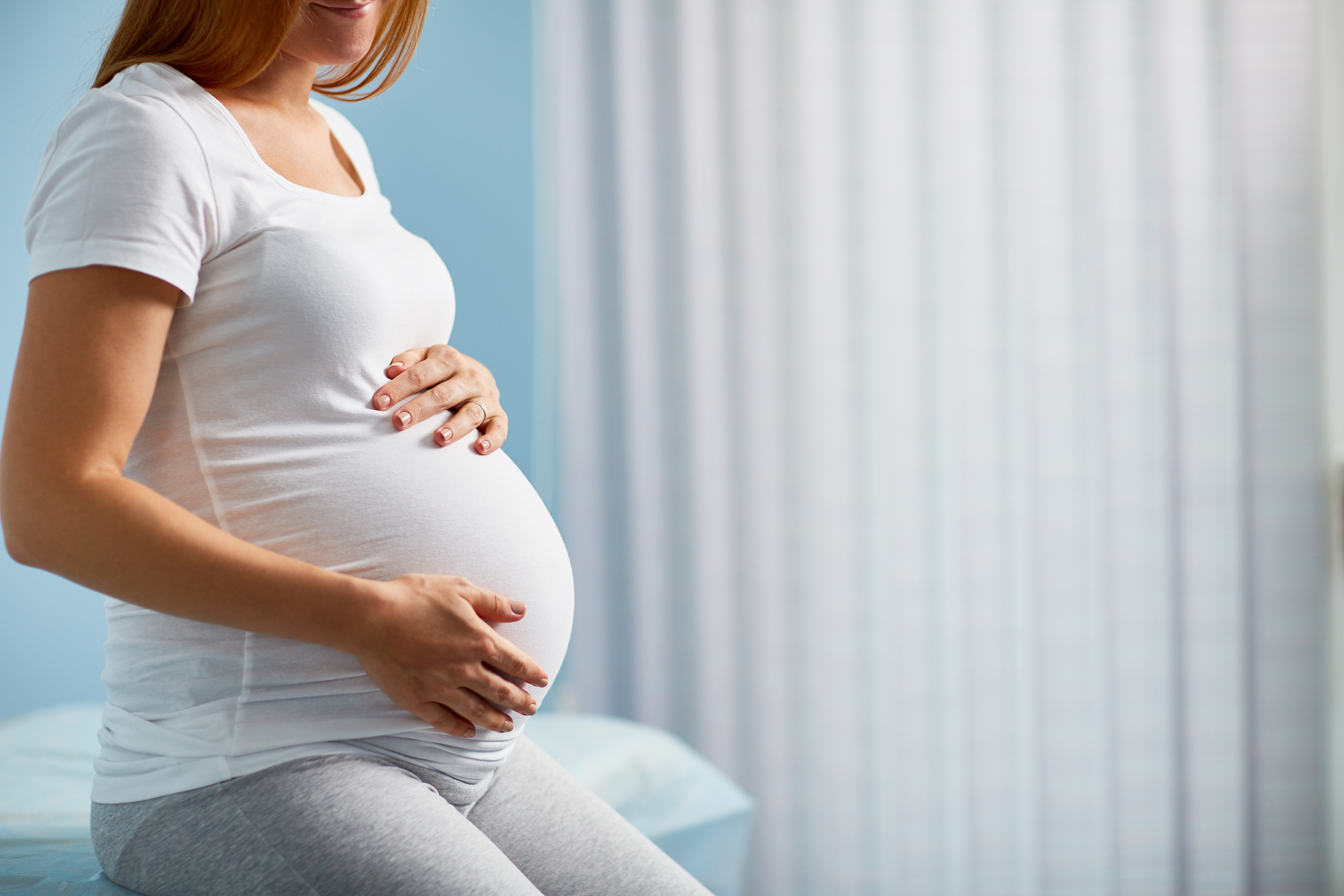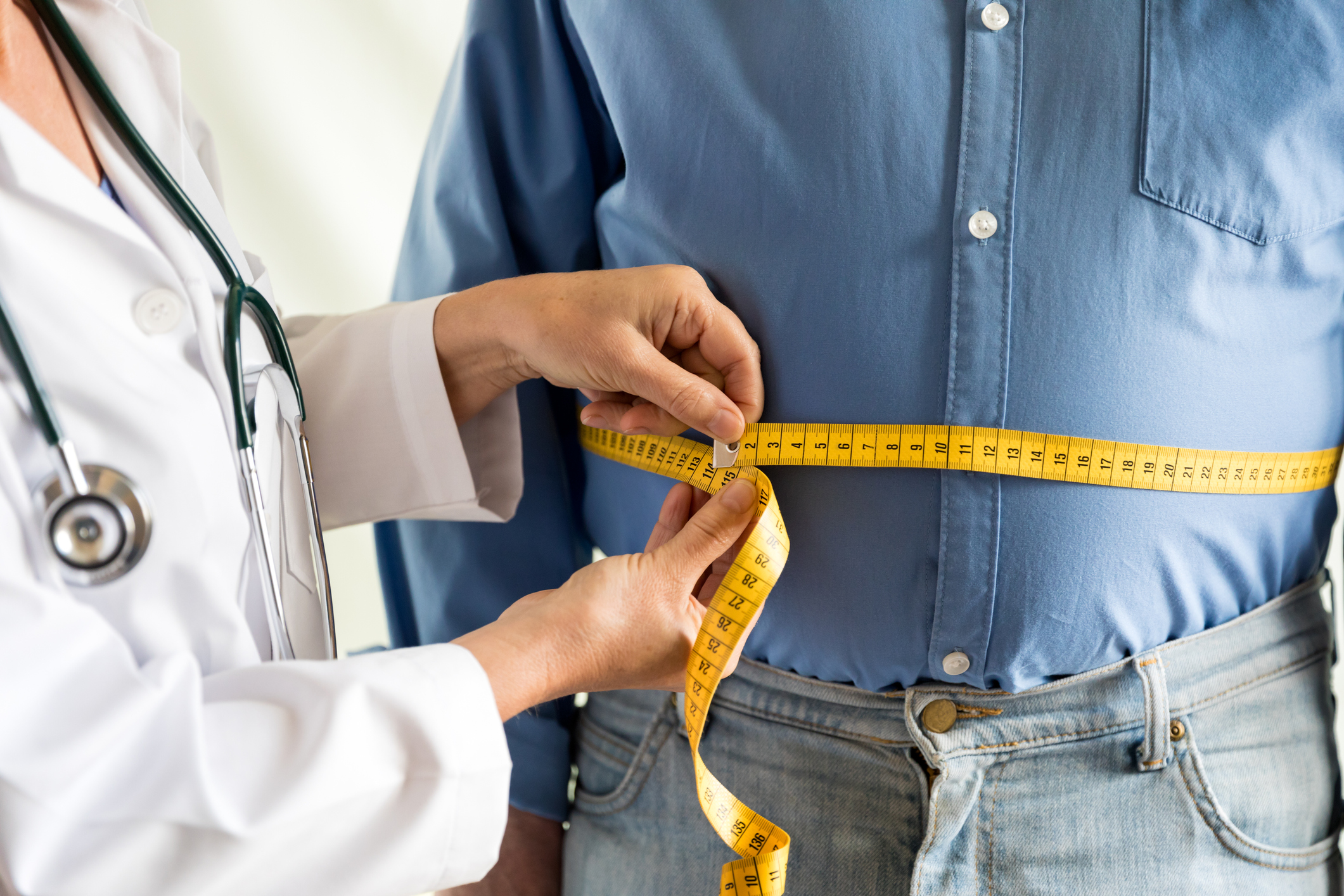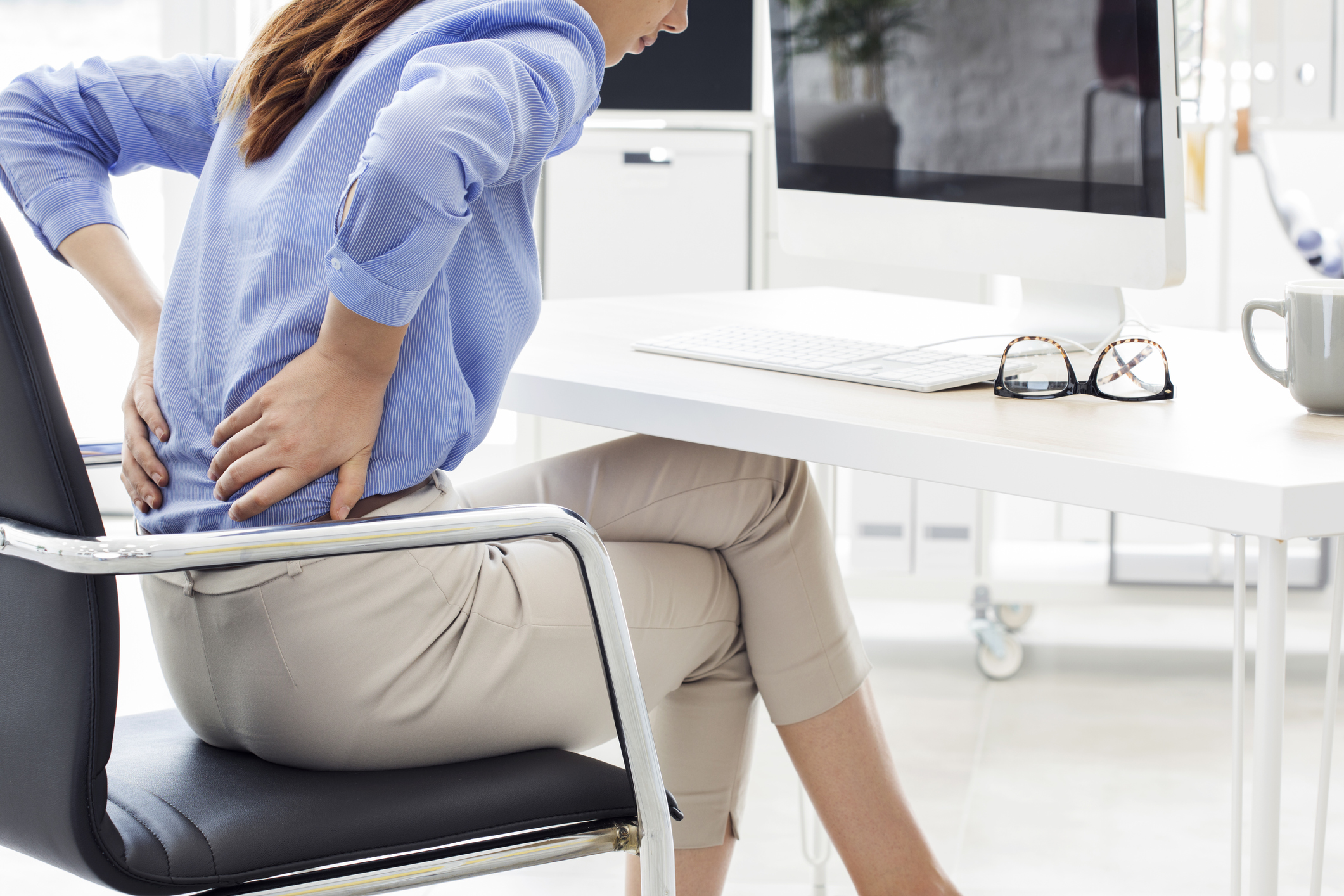
Hemorrhoids result from an increase in pressure in the veins of the rectum, typically from too much straining. Many people underestimate how easily hemorrhoids can develop.

Constipation can cause hemorrhoids when a person strains excessively to pass a bowel movement, putting pressure on the veins in the anus. A diet low in fiber and high in fat can be one cause of constipation, though it can also stem from other conditions such as Irritable Bowel Syndrome. Not drinking enough water can also lead to constipation by limiting the amount of fluid in the intestines, leading to hardening of the stool.

On the opposite end of the spectrum, having chronic problems with diarrhea can also create pressure that causes hemorrhoids. Diet and conditions such as Irritable Bowel Syndrome are just a couple causes of diarrhea. When piles already exist, diarrhea can worsen their swelling and irritation.

Pregnant women are at an increased risk of experiencing hemorrhoids due to the pressure exerted by the growing fetus. Pregnant women are also likely to experience constipation. Straining while giving birth also causes hemorrhoids to develop in some cases.

People suffering from obesity may also be at an increased risk of developing hemorrhoids. This is due in part to the pressure on the pelvic region from extra abdominal weight. If obesity results from a poor diet, this may also cause constipation, which, as we’ve seen, is a common cause of hemorrhoids.

Sitting for long periods can place pressure on the veins in the rectum and anus, which can cause hemorrhoids to develop. This may be a problem for people who sit for extended periods at a desk or sit on the toilet for long periods due to constipation.

You may be aware that straining on the toilet can cause hemorrhoids, but other types of physical exertion can also lead to piles. For instance, straining while lifting heavy objects can increase pressure enough that veins swell and hemorrhoids occur.